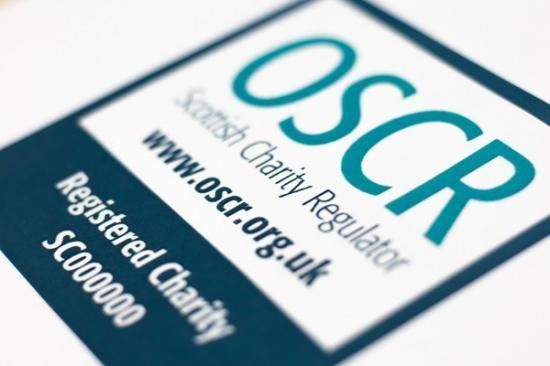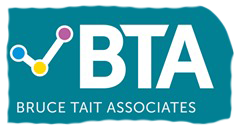18 March 2024 / Mhairi Cameron
Home
/ News & Views
/ Regulatory Update for Scottish Charities: Key Changes and Actions
Scotland's charity sector, encompassing over 25,000 registered entities from small community groups to large environmental organisations, is undergoing significant regulatory changes. With the introduction of the Charities (Regulation and Administration) (Scotland) Act 2023, Scottish charities are poised to see substantial updates in governance and accountability.
This new legislation, spearheaded by the Office of the Scottish Charity Regulator (OSCR), is designed to bring Scotland's charity regulation in line with the rest of the UK. It highlights the need for charities to prepare for the following key changes, effective from 2024:
• Expanded OSCR Powers The Act grants OSCR greater authority to investigate charities and their trustees, ensuring compliance and governance standards are met.
• Trustee and Senior Office Holders Criteria: New rules will redefine eligibility for those holding pivotal roles within charities, aiming to strengthen internal governance.
• Increased Transparency: Charities are required to provide more detailed information about their trustees. OSCR will also maintain and publish a list of trustees removed or barred from their roles, enhancing transparency.
• Scottish Charity Register Updates: The register will include more comprehensive information about charities, including a record of mergers, to provide a clearer picture of the charity landscape in Scotland.
The Act introduces new annual return questions for charities with financial years ending on or after November 30, 2023. This includes queries related to a charity’s accounts, aligning with the forthcoming Charities Statement of Recommended Practice (SORP) set to be introduced in 2025. The SORP will offer guidance on preparing accounts in accordance with UK accounting standards, with updates reflecting changes in accounting standards or charity law.
For charities, especially smaller ones, this means adapting to new accounting requirements. For those requiring audits, understanding the process, time, and costs involved is crucial. Trustees should review their charity’s governing documents to ensure they are fit for purpose and align with the latest regulations.
Additionally, potential VAT charges on private school fees and initiatives like the Revitalising Trusts Project indicate broader financial and operational implications for charities.
As these changes unfold, trustees must take an active role in compliance and governance. The evolving regulatory landscape necessitates a proactive approach to ensure charities continue to serve their communities effectively, emphasising the importance of readiness and adaptability in the face of new challenges.


